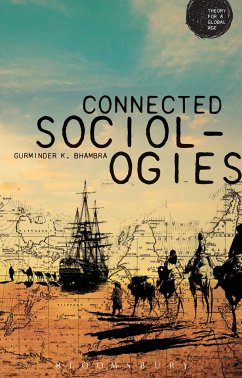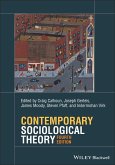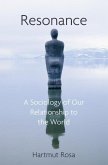Bhambra outlines what 'Theory for a Global Age' might look like, offering this outline as a statement for consideration, contestation and discussion. Bhambra sets the agenda for a new social theory which not only engages with global intellectual currents, but is fundamentally reshaped by them.
Sociology has a long history of internal reexamination and critique, and some of the works in this genre-such as those of C. Wright Mills and Alvin W. Gouldner-have become classics. Bhambra follows in this tradition; in this instance, she focuses on the ways in which contemporary sociologists to date have, in her opinion, unsuccessfully grappled with the reality of globalization, both its history and its more recent intensification. The shortcomings she finds in such prominent scholars as Ulrich Beck, Michael Mann, and Immanuel Wallerstein are a result of their inability to cast off the imprint of Eurocentrism . The author concludes by proposing the creation of connected sociologies that preserve the pluralism of local experiences. Left unclear is whether the connections can or should yield a unified sociology. Summing Up: Highly recommended. Graduate students/faculty. P. Kivisto, Augustana College CHOICE








